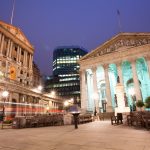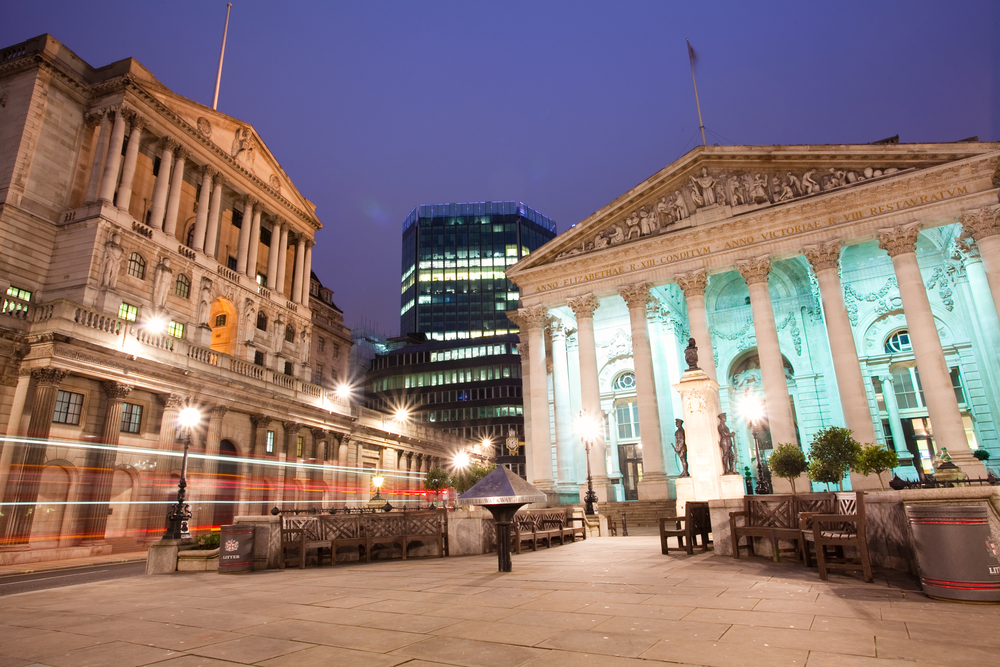The Bank of England has hinted that it could raise interest rates for the first time in a decade in order to curb inflation, with economists predicting a hike could come as soon as November. In the minutes of its latest Monetary Policy Committee meeting, the Bank said: “A majority of MPC members judge that, […]
 The Bank of England has hinted that it could raise interest rates for the first time in a decade in order to curb inflation, with economists predicting a hike could come as soon as November.
The Bank of England has hinted that it could raise interest rates for the first time in a decade in order to curb inflation, with economists predicting a hike could come as soon as November.
In the minutes of its latest Monetary Policy Committee meeting, the Bank said: “A majority of MPC members judge that, if the economy continues to follow a path consistent with the prospect of a continued erosion of slack and a gradual rise in underlying inflationary pressure then….some withdrawal of monetary stimulus is likely to be appropriate over the coming months in order to return inflation sustainably to target.”
Members of the MPC voted by a majority of 7-2 to maintain interest rates at 0.25%.
However, the Bank said that the decision to raise rates would not only depend on inflation but also on the continued strength of the economy.
Today’s decision comes after the Office for National Statistics revealed that that inflation rose by 2.9% in August, up from 2.6% in July – equalling the four-year high hit in May this year.
In August the MPC forecast two rate hikes over the next three years, with the first not until the third quarter of 2018. Today’s announcement suggests there could be a hike far sooner than this.
The Bank has previously said that inflation could rise above 3% by the autumn and will remain above the 2% target for an extended period as the fall in sterling continues to feed through into the prices of consumer goods and services.
Paul Hollingsworth, UK economist at Capital Economics, said the bank could increase interest rates in November.
“This supports our long-held view that market expectations had gone way too far in expecting rates to remain on hold until 2019. If the economy continues to hold up, and there are clearer signs that wage growth is building, then the first hike could some somewhat earlier than we had previously envisaged, possibly as soon as the next meeting in November,” he said.
Samuel Tombs, chief UK economist at Pantheon Macroeconomics, said the MPC had “ratcheted up its hawkish rhetoric” in a “clear communication shift” from August.
“On balance, we continue to think that GDP growth and domestically-generated inflation will be too weak for the MPC to raise rates over the next year, but it is clear now that it would not take much of an improvement in either to spark the MPC into action,” he said.
The Bank of England cut interest rates in August 2016 from 0.50% to 0.25% – the lowest on record and the first interest rate cut since 2009 when the financial crisis was at its peak.
Following the EU referendum the value of sterling plummeted, pushing up import costs, which in turn boosted consumer prices and caused inflation to increase.
The committee also agreed to continue with its programme of government bond purchases of £10 billion and corporate bond purchases of £435 billion.
If the Bank decides to hike interest rates, the knock on effect could see lenders raise mortgage rates accordingly.
However, despite the possibility of a rate hike to 0.50%, many experts expect rates to stay low and any rise to be gentle.














